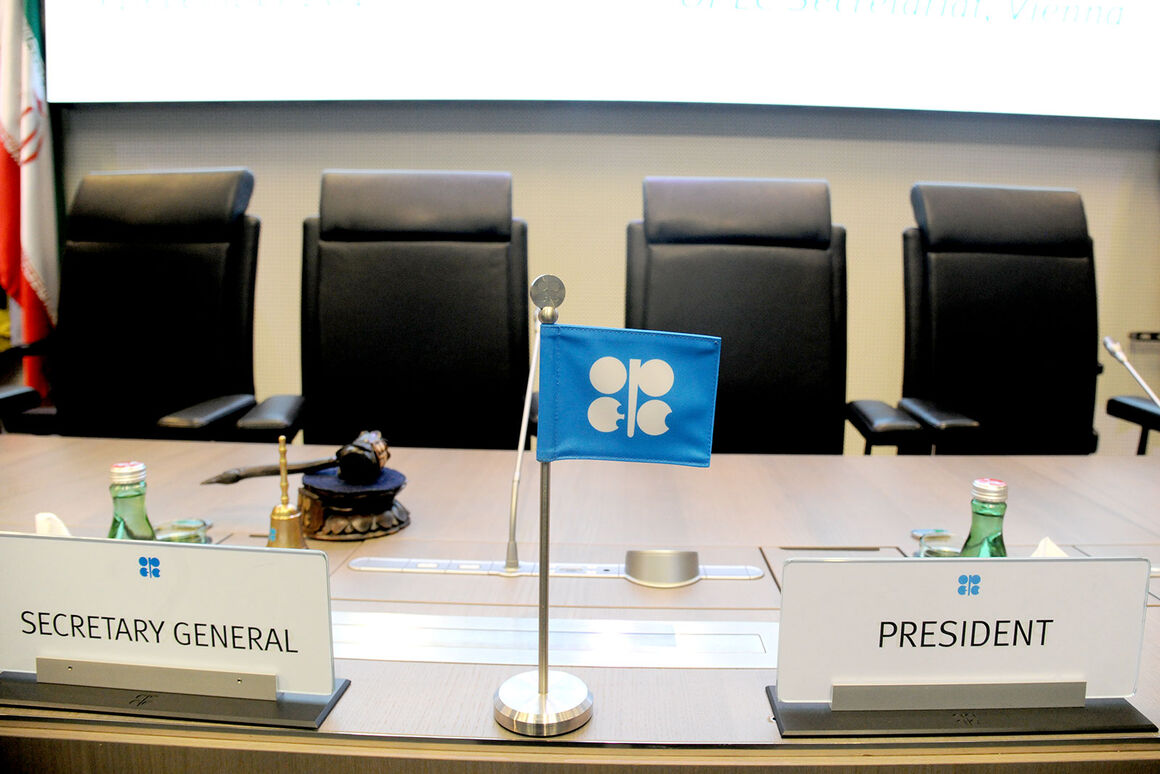Also, political and military tensions between the influential countries of this organization, such as the imposed war of Iraq against the Islamic Republic of Iran, Iraqi invasion of Kuwait in 1990 and the intensification of Saudi Arabia's hostile political positions against the Islamic Republic of Iran in recent years have intensified the organization's problems.
In its 60 years of existence, the 1950s may be considered the most successful period of OPEC's life, as the relative decline in North Sea and Russian oil production with the collapse of the Soviet Union during the decade and the economic growth of emerging economies, especially China and India, led to a sharp increase in oil demand.
On the other hand, in the mentioned decade, with the relative reduction of political tensions between the effective OPEC member countries and the strengthening of the relative internal unity of this organization, OPEC member countries achieved their most important goal, which was to maximize the income of the member countries.
Over the past decade, with the dramatic increase in oil output from unconventional sources (shale oil) and the resurgence of political tensions among major member states, along with increasing environmental concerns, the challenges of this organization have doubled.
The most important challenges for OPEC in its 60 years are:
1. Increased supply from non-OPEC countries, especially from shale sources;
2. Reduced dependence of economic growth on energy consumption, especially consumption of fossil fuels;
3. Continuation of policies to support major industrialized countries from non-fossil fuel and renewable energy projects;
4. Increased environmental concerns and its effect on reducing the consumption of fossil fuels, especially petroleum products.
In recent months, with the spread of the coronavirus around the world, the global economy, especially the oil industry economic chain in all upstream and downstream sectors, has been severely damaged, with many large companies forced to lay off their employees and reduce investment and operating costs. .
These conditions have led to a significant drop in demand for oil and petroleum products in the current year, with the US government, OPEC's biggest traditional enemy, calling on the organization in March 2020 to intervene to stabilize the oil market.
Despite US’s brief support for OPEC, rising oil output from US shale resources remains a serious threat to market stability, and OPEC's goals include maximizing OPEC revenues and stabilizing the oil market.
Given the above challenges and their impact on the stability of the oil market and the revenues of OPEC member countries in the future, it is necessary for member countries to diversify their economies and reduce dependence on oil revenues, adopt a more effective strategy based on greater unity for more convergence with non-OPEC oil producing countries and meet the challenges posed by US shale resources.
Safarali Keramati


Your Comment